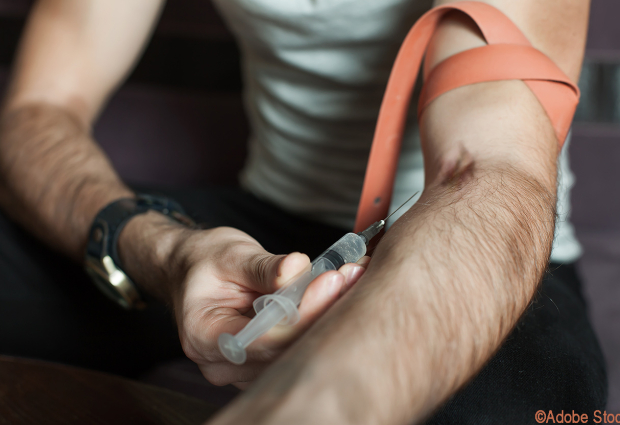
DRIVE-COVID survey : impact of the COVID-19 pandemic on people who inject drugs in Vietnam
DRIVE-COVID survey: impact of the COVID-19 pandemic on people who inject drugs in Vietnam
Publié le 14 mars 2022
The DRIVE-COVID survey funded by ANRS | Emerging Infectious Diseases, published at the end of January in Harm Reduction Journal and whose quantitative component was presented as a poster at the 2022 Conference on Retroviruses and Opportunistic Infections (CROI), demonstrates how the COVID-19 pandemic has impacted the daily lives of people who inject drugs (PWID) in Haiphong, a Vietnamese city with high levels of drug use, and the high prevalence of HIV among this population. The teams of Laurent Michel (Inserm, Université Paris Saclay, French Red Cross) and Delphine Rapoud (Inserm, French Blood Service, Université de Montpellier, international technical expert from the ANRS partner site in Vietnam) have shown that the first wave of the COVID-19 epidemic encouraged an increase in certain HIV and hepatitis C virus (HCV) risk behaviours.
The researchers observed that risky injection practices, already uncommon, continued to decrease in PWID in Haiphong thanks to a high level of awareness of the risks of HIV and HCV infection associated with injection and also to the prescription of methadone treatment. The research team noted that care services for PWID were maintained during the COVID-19 epidemic crisis. No increase in the number of cases of HIV and HCV infection was observed. In contrast, methamphetamine use by smoking did not decrease despite social distancing measures and more limited access to drugs.
Social distancing measures taken to curb the pandemic – including the various lockdowns – also contributed to exacerbating the social situation of the most vulnerable, including PWID and female sex workers. Indeed, these women report having been compelled by their precarious financial situation to have more unsafe sex during these periods of restrictions, increasing their risk of contracting HIV and HCV.
